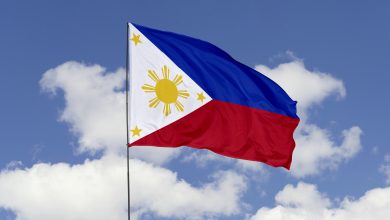The finding of a new Greenpeace study published on October revealed that there is high contamination of microplastics on salt brands sold on the shelves.
Published in Environmental Science & Technology, the study also estimated that an adult who consumes 10 grams of salt each day would be eating approximately 2,000 microplastics per year.
Researchers analyzed 39 brands of salt from 21 countries in the world, including Southeast Asian countries Philippines, Indonesia, Malaysia, Thailand, and Vietnam.
Indonesia is considered as the second worst plastic emitter into the world’s bodies of water and its salts have the highest quantities of microplastics.
The study further concluded that Asian, countries including the Philippines, dump more plastics than the rest of the world combined, which could potentially harm the marine ecosystem and human health.
“Recent studies have found plastics in seafood, wildlife, tap water, and now in salt. It is clear that there is no escape from this plastics crisis, especially as it continues to leak into our waterways and oceans,” said Greenpeace East Asia Campaigner Mikyoung Kim.
Meanwhile, only Taiwan’s refined sea salt, mainland China’s refined rock salt, and France’s unrefined sea salt were found safe of any microplastic particles based on the study’s samples.



